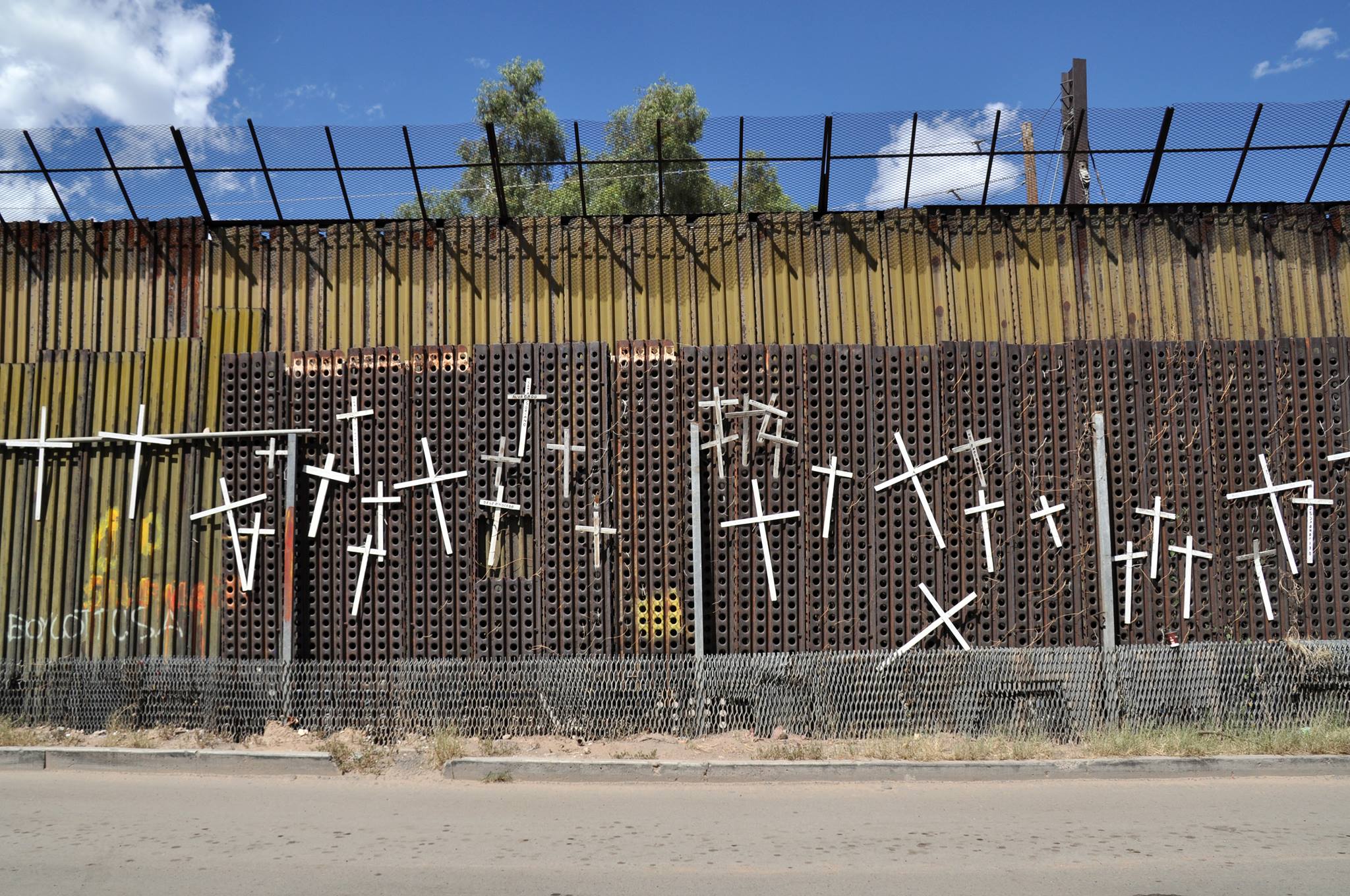Protecting Asylum Seekers During COVID-19
Already a vulnerable group, asylum seekers at the U.S.-Mexico border are facing serious additional challenges due to the novel coronavirus pandemic.
Already a vulnerable group, asylum seekers at the U.S.-Mexico border are facing serious additional challenges due to the novel coronavirus pandemic.The following article was published in the May-June 2020 issue of NewsNotes.
Advocates and social service providers for asylum seekers at the U.S.-Mexico border are raising their voices in a concerted effort to call for the protection of asylum seekers from harm during the coronavirus pandemic. They face pushback from a U.S. government whom many say is using this opportunity to further dismantle the U.S. asylum system and close the U.S. border to immigrants.
On March 21, the Trump administration closed the U.S.-Mexico border to all nonessential travelers, including those seeking asylum, citing public health concerns. Asylum seekers who cross illegally are now being deported within a few hours of apprehension by Border Patrol. Advocates for asylum seekers claim that this is a blatant violation of the right to seek asylum, guaranteed under international and U.S. law. Previous Trump administration policies have significantly curtailed the opportunity to seek asylum in the United States, but this measure nearly precludes it.
The U.S. government justifies these measures on grounds of public health concerns. In response, on March 16, UNHCR, the UN refugee and asylum agency, stated clearly that public health concern during this pandemic is not a valid reason for closing off borders to asylum seekers and refugees, and that doing so remains illegal under international law.
Additionally, a coalition of 27 social service and advocacy organizations sent a letter to the heads of U.S. immigration enforcement agencies explaining why they believe the current policy of forcing asylum seekers to remain in Mexico poses more of a public health risk than would permitting them to enter the United States.
In the letter, sent April 14, these agencies explain that maintaining the current Migrant Protection Protocols (MPP) policy, in which those seeking asylum at the U.S.-Mexico border are forced to remain in Mexico while they await their hearings, is a significant public health hazard. They describe how the crowded, unsanitary conditions of the camps in Mexican border towns in which asylum seekers live while they wait put them at high risk of coronavirus infection.
In addition, they explain that asylum seekers are forced to regularly travel between the shelters or camps and ports of entry to the United States to receive updates on their hearings, as the hearings are continuously rescheduled. According to human rights agencies, such travel puts them at risk of harm by gangs as well as coronavirus infection. Hearings for asylum seekers in Mexico are suspended at least until May 1, so asylum seekers will be forced to remain in these camps as the pandemic progresses in Mexico.
The letter calls for the immediate suspension of the MPP policy so that asylum seekers can enter the U.S. and adopt shelter-in-place safety measures either in the homes of relatives or in the community-run migrant shelters which are prepared to receive them. To demonstrate that this could be a real solution, they cite a recent study of the Migrant Protection Protocols policy that indicated that nearly 92 percent of migrants living in the camps had relatives or friends in the U.S. with whom they could stay.
Another concern is the threat of the coronavirus to migrants and asylum seekers in detention centers. The lack of medical capacity and the crowded conditions of detention centers pose a risk to detainees’ safety, especially those already vulnerable due to underlying health concerns.
Advocacy and social service groups, as well as Church leaders, have led a vocal campaign to mitigate these risks by releasing detained migrants whenever possible. The U.S. Conference of Catholic Bishops, Bishop Mark Seitz of El Paso, and a coalition of social service providers on the U.S.-Mexico border have all released statements calling for the release of certain migrants from detention, according to specific criteria, such as whether they are non-violent offenders or are asylum seekers who have passed their first asylum interviews. The Maryknoll Office for Global Concerns has joined other organizations in calling for more funding for alternatives to detention programs, like community-based models and case management, so that there are viable ways for ICE and CBP to release detained immigrants.
As we raise our voices on behalf of asylum seekers during this pandemic, we are inspired by Pope Francis words on how to proceed during this pandemic: “Let us show mercy to those who are most vulnerable, for only in this way will we build a new world.”
Faith in action:
Contact your Members of Congress asking them to provide more funding for alternatives to detention so that migrants can be released from detention, especially during the pandemic: https://bit.ly/CutDetenCOVID
Read an article by Maryknoll Lay Missioner Heidi Cerneka, an immigration attorney in El Paso, Texas, about why immigrants in detention must be released at this time: https://bit.ly/MKLMHeidiCovid

